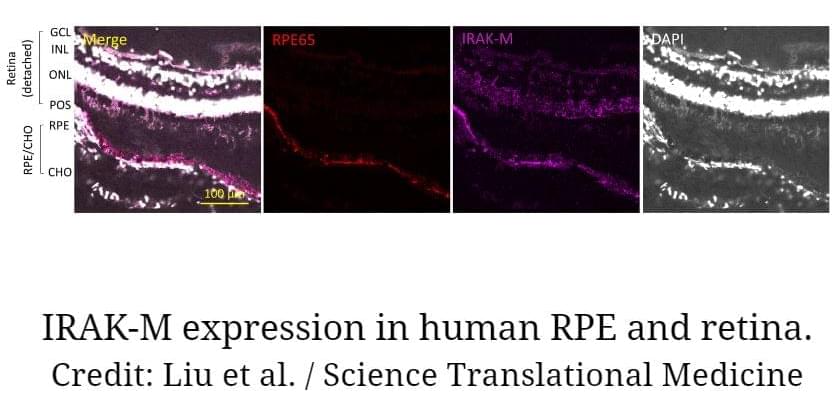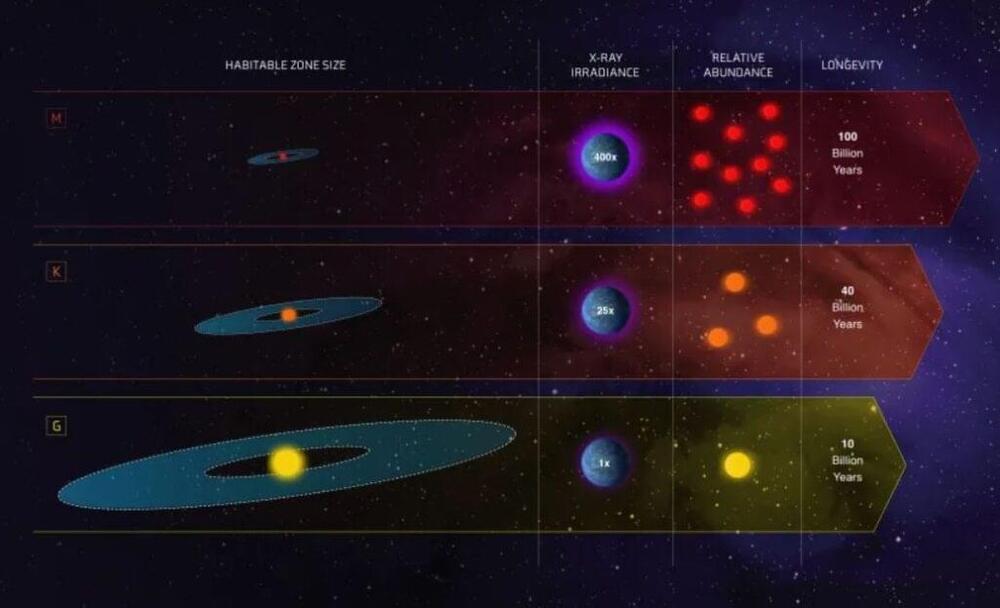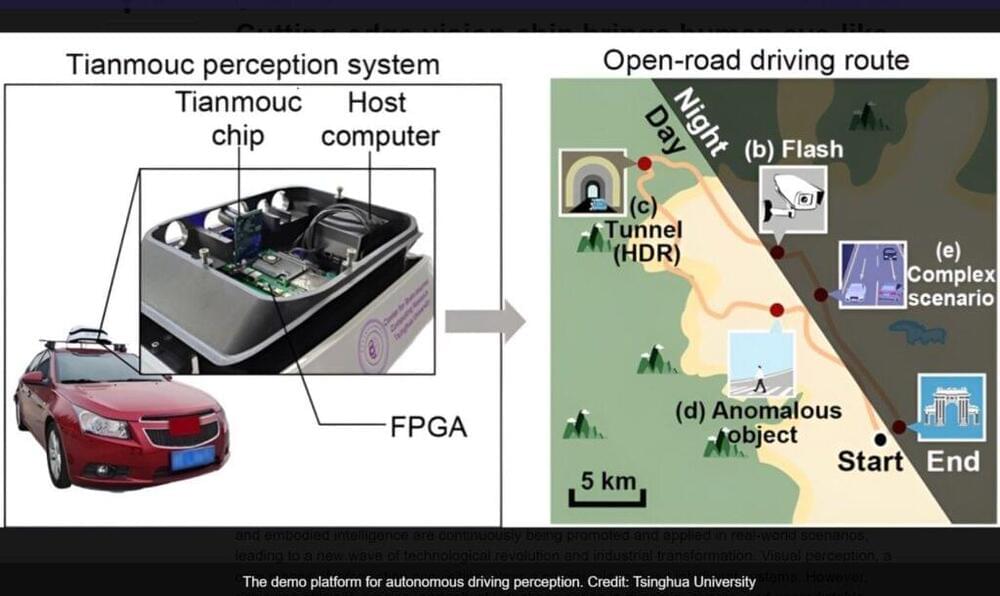Jul 1, 2024
The First Quantum Supercomputer is Here
Posted by Dan Breeden in categories: information science, quantum physics, supercomputing
The first #Quantum #Supercomputers are here! Quantum enabled supercomputing promises to shed light on new quantum algorithms, hardware innovations, and error mitigation schemes. Large collaborations in the field are kicking off between corporations and supercomputing centers. Companies like NVIDIA, IBM, IQM, QuEra, and others are some of the earliest to participate in these partnerships.
Join My Discord: / discord.
Become a patron: https://patreon.com/user?u=100800416
for access to my animation source code, video scripts, and research materials.
Also check out my instagram: / lukasinthelab.


















